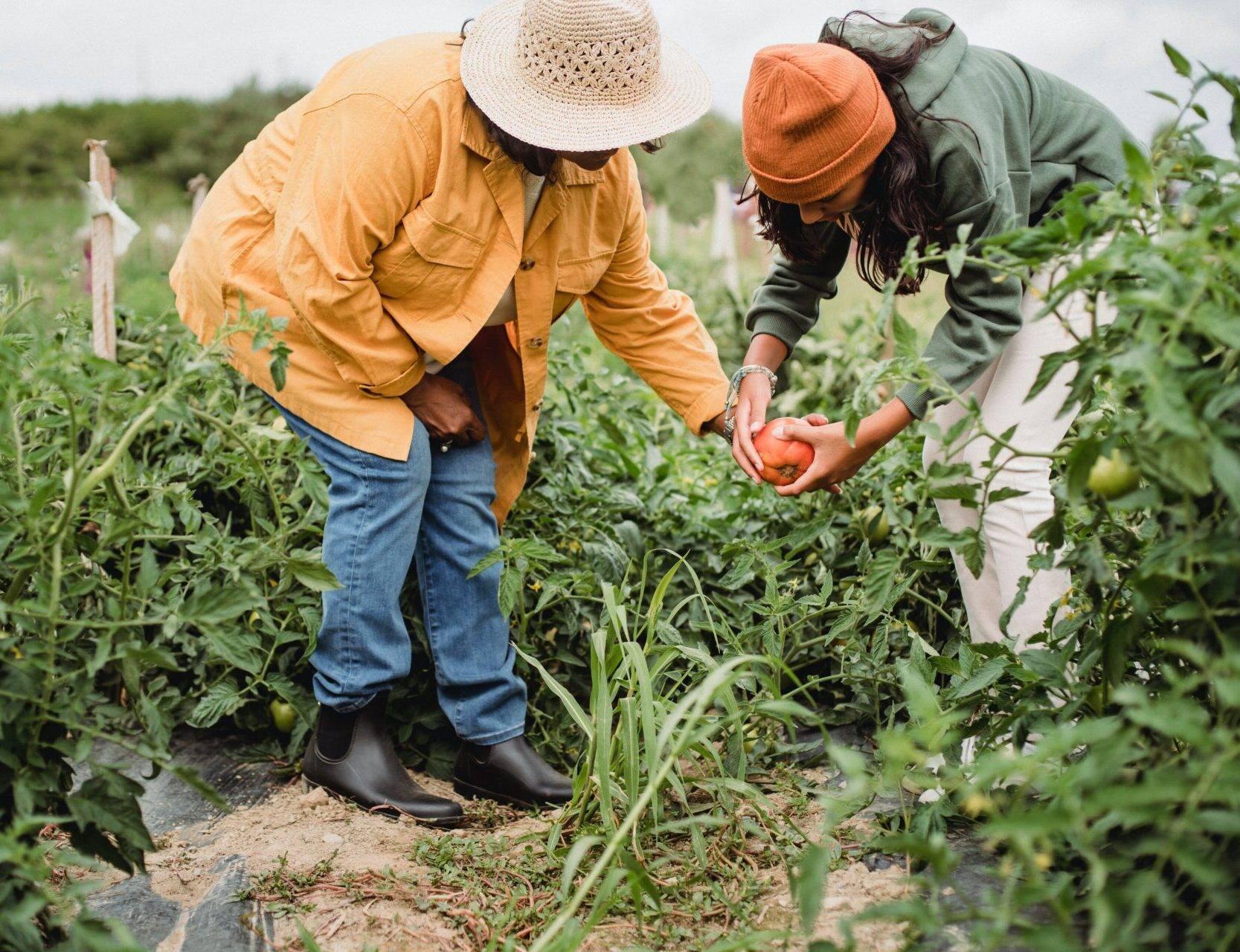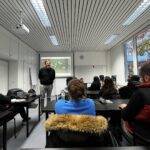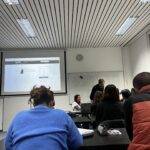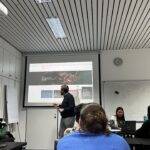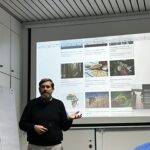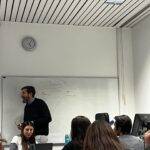
Meet Alina, the Newest Member of Our Admissions Team!
8. February 2024
Update from the Chancellor: How does fashion play with people’s minds?
26. February 2024As future businesswomen and businessmen, their understanding of the complex systems that sustain us is crucial. Among these, the food supply chain is one of the most critical, given its direct impact on human health, economic stability, and environmental sustainability. In an era marked by rapid globalization, climate change, and technological advancement, the ability to scrutinize and comprehend food systems is more than an academic exercise—it is a vital skill.
During our September 2023 Project Week our students had to become investigative journalists and research about the following topics:
Food Security
It is a global challenge that intersects with economic policies, environmental strategies, and social welfare. In Germany, a nation known for its efficiency and technological innovation, food security involves a dynamic interplay between self-sufficiency and international trade, modern agricultural practices, and traditional values. As you investigate this topic, consider the social and economic factors that contribute to food security, and how they manifest in a developed country like Germany.
Food Supply Chain
A complex network that spans the globe, is the backbone of food security. It encompasses every step from the farm to the table, including the production, processing, distribution, retail, and consumption of food. This system is not only a marvel of logistics and coordination but also a reflection of the political, social, and economic priorities of a nation.
Farm to Fork Strategy
This strategy is part of the core of the European Green Deal, which has the goal of converting food systems into fair, healthy and ecological ones. These newly defined systems should reverse the loss of biodiversity, ensure people have access to enough safe, nutritious and sustainable food and also preserve the affordability of food while producing economic returns that are fair. (European Commission, n.d.)
Purpose of the project
The purpose of this assignment was to foster a deep and practical understanding of food security and supply chain dynamics within the context of Germany. As students took on the role of investigative journalists, they were expected to critically analyse how food travels from farm to table, the integrity and resilience of food supply networks, and the strategies employed by key companies to navigate the complexities of these systems. This exercise aimed not only to enhance research and critical thinking skills but also to encourage a nuanced appreciation of the socio-economic and environmental factors that underpin the global food landscape, with a focus on cultivating informed perspectives on sustainability and ethical practices in food production and
distribution.
Evaluation Process
1. Depth and Quality of Research
2. Critical Analysis and Insight
3. Clarity and Structure
4. Application of Theoretical Concepts
5. Originality and Creativity
6. Pitch Presentation
7. Presentation
The Academic Challenge – What is affecting food security? Are we going back to the old food systems?
This project was not only about understanding what food supply chain is and how it works (each process of the chain), it goes beyond that. Students had to think critically and identify the common challenges within food supply chains, such as logistical issues, climate change, and sustainability concerns. They focused on this challenge specifically in Germany.
A practice that is getting popular again is called “farm to table”, which is a fancy term for something humans have been doing in the past, bringing the food from the field (farmers) directly to their houses, no retailers, no supermarkets and no deliveries. The food supply chain gets shorter, which reduces the environmental impact as there is not need for mass production, a company to distribute, nor a company to sell to the market, everything is done without intermediaries. But how to make sure that using this movement everyone will be able to have access to everything they need? That is what governments should manage first before switching back to this movement. What do you think?

